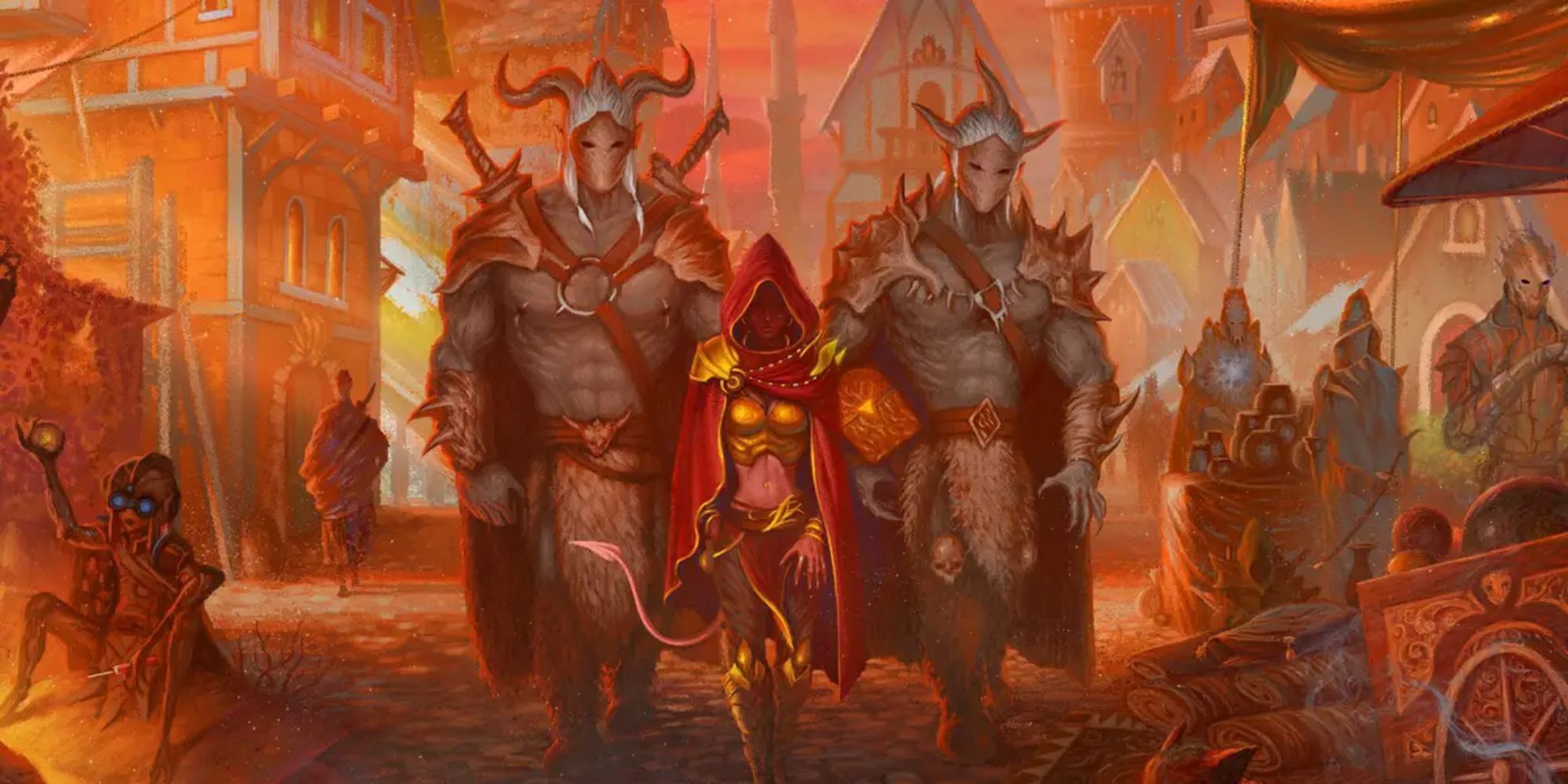CW: article contains swears
Each one of these items and tokens and sheets is important. Each one of these pieces have been carefully considered by brilliant designers. Their role is clear. If I looked right now, I’m sure every token is explained somewhere in a game manual that unfortunately reads like a VCR repair guide that’s been run through Google Translate eight times. ‘Remember to put the second deck over the initial deck so the last piece from the regular meeples pool does not cross into the irregular meeples pool before the dice rolls a zero’. That’s not an actual line in the manual; I’m too lazy to dig through a board game box that’s larger than the ones I use to move furniture. Someone will get mad at me about this and, honestly, they are right.
Glory to Rome doesn’t belong here, it’s a small card game and not at all hard to get on the table. It has the opposite problem, a lot of people would love to play it but it’s impossible to get a copy these days (unless you print it yourself).
I related to this article a lot. It’s the same sentiment of this classic Family Guy clip: The game is Euchre (YouTube Link)
I like the idea of everyone sitting around a table, effortlessly playing a game and having a great time—but adult friendships are tough. When you get to hang out for an hour here, two hours there, every few-to-several weeks or months, investing an hour or more into learning the rules of a game that may or may not be fun is a tall order.
The problem in the clip is that Lois appears to be reading the rules for the first time as she is explaining them. It would go down much better if someone at the table actually knew the game. The person bringing the game should know it well enough to confidently teach it and should be able to judge if the rest of the group will enjoy it. For new games that means one person has to prepare beforehand.
There are exceptions, some groups might enjoy learning a game together for the first time but I wouldn’t risk it especially when time is limited.
I can’t recommend enough to write your own rule summary. Write it once, and reorganize it as much as you can with the goal to teach it in a fluent way. Teaching also means giving few components to players when you explain them, simulate actions physically (When you say I draw a card, you draw a card, When you say I push ressource A token here, you push the token, etc.).
With heavy games, players expect the owner to be a teacher. Not everyone is good at this. The owner role is to ensure peoples don’t spend a bad time with the game. Teaching the rules in a engaging way is part of owner responsibility.
This is how I take it. I have few heavy game but I try to learn rules and learn to teach rules as much as I can so players feel confident after first turn.
Also, it can help if you play the digital version first (official or e.g. on tabletop simulator, when it’s a scripted game). Sometimes the complexity leads to some barriers, that can be navigated easier with some help. Or it can take off some tedious tasks that are error prone.
E.g. I tried playing Gaia Project twice and was overwhelmed. Then we tried the official digital version. It’s still really complex, but the digital version just takes the burden to calculate the exchange table for the ressource types and offers you moves, that you just didn’t see because you miscalculated the costs and also makes sure you pay the right amount.
It doesn’t mean you need to plan less, as you still need to take the ressource cost of your future moves into account, but you don’t need to explain every second time you pay for a move how and why this is valid.
I totally agree. By physically preventing (or forcing) you to do some actions, it helps you to shape the rules in your mind. To confirm and invalidate what you think.
Fun fact: in the digital version of Gaia Project is a link in the alliance screen leading to a web page explaining all alliance rules in detail, as many players reported bugs with how the game handles alliances - but in reality it just implements the rules as written. They can get complicated and many players don’t realize they were playing wrong.
Yes! Digital version are always properly ruled.
But if many players understand the rule in a specific wrong way, it means the rules are badly written.
I haven’t played the game in English and did just learn, that its ‘federations’ in English and not alliances. TIL. This has a slightly different meaning than my localized version.
I don’t think, that the rules are badly written in this case, when checking the rule book. You can check page 8 here, which I find quite clear: https://capstone-games.com/wp-content/uploads/2020/09/Gaia-Project-Rules-CG.0609sm2.pdf
But then, since the game is really complex, there can be confusion about the federation rules, especially following all three and keeping in mind, that these rules are independent of each other - and forgetting to evaluate all three rules when adjusting your federation when you make a change to make it compliant. See this BGG post for an example: https://boardgamegeek.com/thread/2120375/official-federation-faq
I completed Gloomhaven. It was a MONUMENTAL undertaking, required diligent organization and a dedicated table that was never used for anything else. You also need a bachelor’s degree in the rulebook (or just get comfortable with house rules that fill in)
I’m 15% of the way through the expansion (Frosthaven) and am utterly exhausted. There’s so much to do and so many opportunities to put something back wrong and now my draw pile somehow has the discards in it. Fuck.
But it was a glorious journey. Gloomhaven added a welcome interface layer that classic DnD was missing for me. And the combat system is so colorful! That said, the game basically demands a companion app for tracking health. Definitely not for the faint of heart, but immensely rewarding.
I am not into board games. What you describe sounds like Gamification, but in reverse. Do you people not have exhausting, tedious day jobs to fill that space? Why even attempt something like this? Honestly curious.
I have a theory that people seek what they’re missing in their lives through their hobbies.
Specifically, in my own life I’ve noticed that the times I’ve gone deep into rich, complicated, and demanding hobbies, are the times when I’ve felt understimulated at school or work.
Conversely, at times when I’ve felt overstimulated at school or work I only want to watch TV or play simple party games to unwind or destress.
I am curious if other people feel this way.
That’s a really interesting thought. Makes sense to me. I don’t feel understimulated at work, so maybe that’s just not something for me then.




